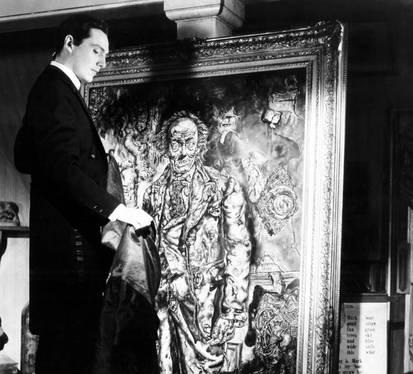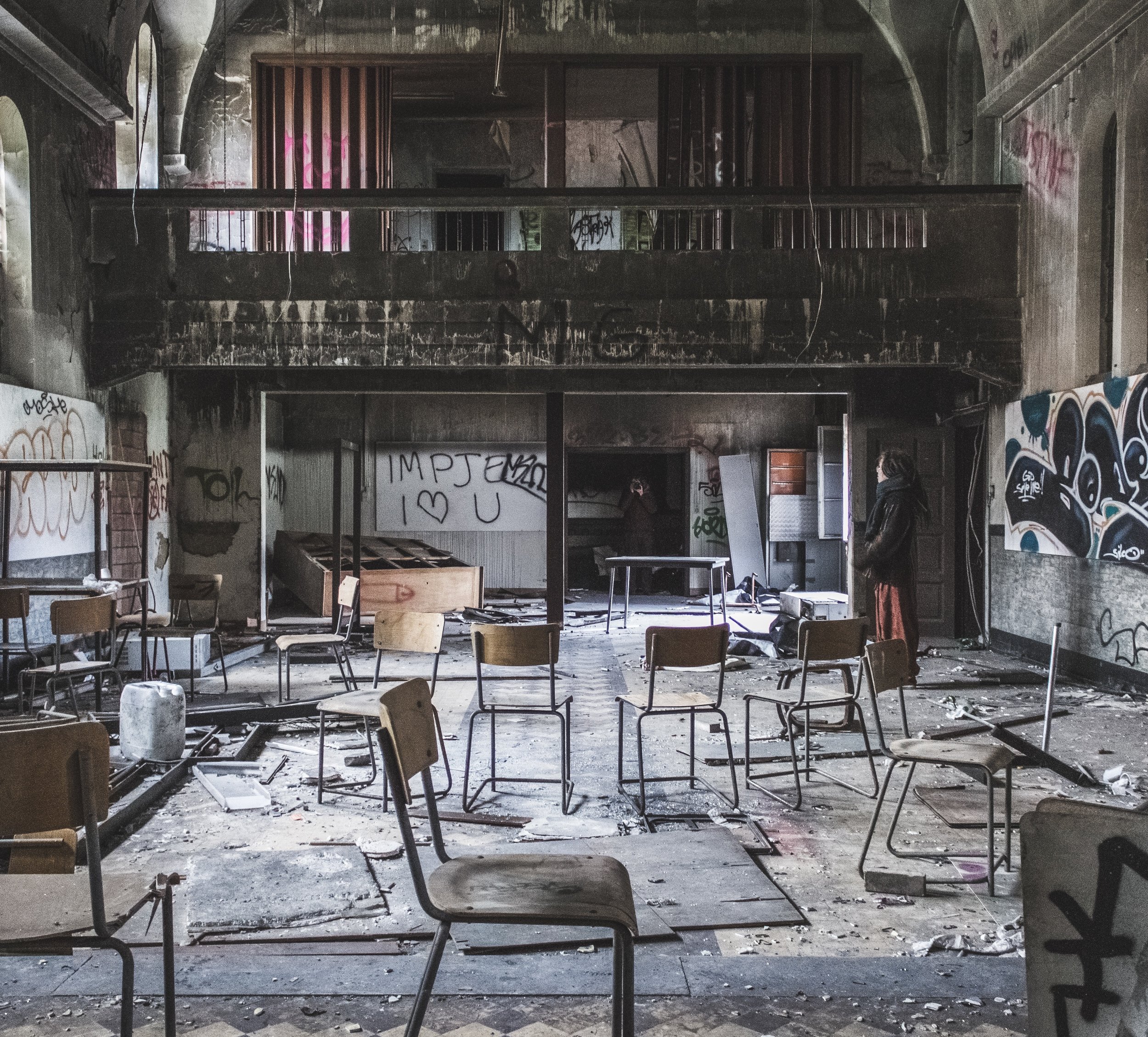BADS was delighted to present two Thursday evening lectures hosted at Goldsmiths, University of London, signalling two new directions in contemporary Decadence studies: Decadence and cinema, and Decadence and performance.
Thursday 21 March 2019, 7-9pm
Oscar Wilde goes to Hollywood: Dorian Gray against the Censors, 1915-1945
Kate Hext (University of Exeter)
Had he lived, Oscar Wilde would have gone to Hollywood. He always loved the glitz of America, and lucrative contracts for scenario writers in the Hollywood boom from 1915 would quite possibly have offered an irresistible income. In reality, of course, Oscar never made it to the Dream Factories of LA. However, his stories did. This paper traces how and why his 1891 novel, The Picture of Dorian Gray, became a popular and subversive text for film adaptations in Hollywood between 1915 and 1945. It explores the cultural capital and cache of Wilde in the US in this period and argues that the films use this as a mask, behind which they dare to gesture beyond the strict confines of censorship to the unshowable and unsayable.
*This paper uses clips from the films in question and prior knowledge of them is not necessary.
Dr Kate Hext is Senior Lecturer in English at the University of Exeter. Most recently she has published articles, or has articles forthcoming, on the origins of Camp (in Modernism /modernity, 2019), ‘hard-boiled’ Decadence in 1920s America (in Modernist Cultures, 2018), Henry James’ short fiction (in the Henry James Review), the concept of the sublime at the fin de siècle (in Decadence and Romanticism, Routledge, 2016), and Oscar Wilde and Heraclitus (Oscar Wilde and Classical Antiquity, OUP, 2017). She is co-editor, with Alex Murray, of Decadence in the Age of Modernism (Johns Hopkins UP, 2019) and is completing a monograph on how the Decadent Movement influenced Hollywood between the 1910s and 1950s.
Thursday 28 March 2019, 7-9pm
Decadence and Ruination in Contemporary Performance
Adam Alston (University of Surrey)
Decadence studies is a capacious field, but performance remains at its peripheries. Where it does make an entrance, it tends to be the written word – the play text – that draws attention, which raises an intriguing question: As a live art form, what might performance ‘do’ to how we think about and engage with decadence?
In this paper I’ll be promoting a shift in how decadence is theorised by focusing on how it is produced in and through a maelstrom of competing ideologies. While inspired by the queering of ‘decadence’ as fin de siècle writers responded to the normative horizons of a society’s beliefs, institutions and values, I will be framing contemporary performance as a fitting crucible in which to explore the dialectics of decadence, turning not to the long nineteenth century, but to the deployment of decadence in Marxist critical theory from the twentieth and twenty-first centuries to inform the modelling of a critical theory of decadence in performance. By exploring trash, mess and excess in live artworks, this paper will position performance as an art of precarious action – an art well-suited to imagining the ruination of ruinous practices, habits and traditions.
Dr Adam Alston is Senior Lecturer in Theatre and Performance Studies at the GSA, University of Surrey. He has published extensively on immersive theatre, including a recent article on the aesthetics of decadence in the work the British theatre company Punchdrunk. He is the author of Beyond Immersive Theatre: Aesthetics, Politics and Productive Participation (Palgrave Macmillan, 2016), and co-editor, with Dr Martin Welton (QMUL), of Theatre in the Dark: Shadow, Gloom and Blackout in Contemporary Theatre (Bloomsbury 2017).



